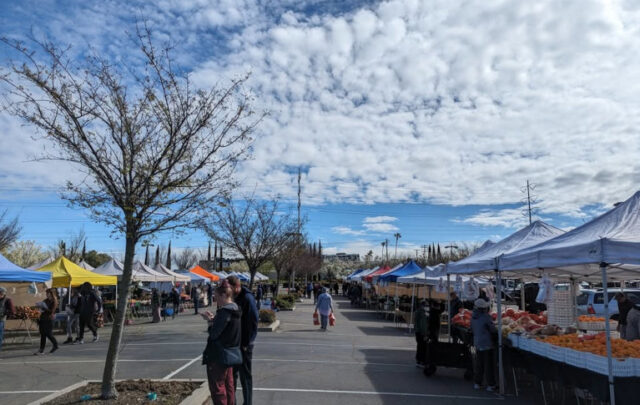According to the Christian bible, judgment day has us being divided into two groups of people. Sheep represent the good group, goats the bad.
As I’ve said for years, there are two kinds of people in the world: those who divide people into two groups, and those who don’t.
In the Christian version of separating the people into flocks, sheep will reap the rewards of a life of servitude. Sheep go to church, pay their taxes, and watch television without questioning the messages of God or culture. Goats pay little attention to God or others. They’re independent, intellectually curious beasts. The bible throws in several disparaging comments about goats and their habits.
Needless to say, I prefer goats.
Here in the real world, goats are mischievous, curious, sociable, playful creatures. They welcome any opportunity to escape their pen, just to exhibit their intellect. They pull down anything we try to put out of their reach, and pull up what we try to pin down. As nearly as we can determine, ours like to play with the dogs and take evening walks down to the river.

Ellie (aka L.E., aka Long-Eared Cutie Pie) surveys her domain from atop her perch while Lillian searches for food
Most of all, though, goats like to eat. Just as they try dismember anything their hooves can reach, so too do they take a nibble of anything within range of their mouths. Shoestrings, shirttails, and buttons are fair game, along with rope and shadecloth. Among the results of edible food are two we particularly appreciate: goat milk and goat shit. The former is high-fat food, the latter is high-quality compost for the gardens.
Autumn typically is rain-free here. This year, we’ll take advantage of the dry weather to harvest abundant poop from the goat pen and apply it directly to the then-recently harvested potato patch. Potatoes are heavy feeders, so the patch could use the nutrients. By the time we plant next spring, the compost will be working its magic. Nonetheless, we won’t plant potatoes there, though we haven’t decided which nitrogen-fixing plant to work into the rotation.
The other product from our goats is even more immediately rewarding, which better matches the American notion of instant gratification. We drink the milk raw (i.e., unpasteurized) and make a wide variety of cheeses. Goat milk is homogenized, so the cream does not float to the top. We have a cream separator with which to separate the cream, thus producing skim milk and the basis for butter and ice cream. We haven’t yet used this device because we’ve been using any excess milk to make cheese. So far, we’ve made chevre, Romano, mozzarella, Colby, cheddar, Monterey Jack, and Parmesan.
Our single adult, milk-producing goat generates three to four quarts daily. We typically consume between two and three of those quarts when we’re all here on the property. I’m here for about three weeks while my partners travel, so I’m making hard cheeses. Between stints typing this essay, I am making my third and fourth two-pound wheels of cheddar this week while watering the potato patch.
Making cheese is so easy, even I can do it. Ingredients include milk, culture (we use cultured buttermilk or yogurt, the latter of which can be made from milk), a coagulant (we use commercially available rennet, but citrus juice, vinegar, or extracts from local plants will work), and sometimes a little salt. The only necessary technologies are a cheese press and the ability to raise the temperature of milk to 120 F. We use a relatively inexpensive press, but you can make your own with little effort (although controlling the pressure is challenging in the absence of a specialty press).
As I make the cheese, I’m taking occasional quick trips to check the water and the animals. Each time I go outside the house, the goats sing to me. The etymological root of the English word “tragedy” is the Greek word “tragōidía,” which means goat song. So every time the goats cry to me as I pass them by, I say the same thing: “I know, I know. It’s a tragedy.”
They don’t understand my humor. But the ducks laugh every time.





